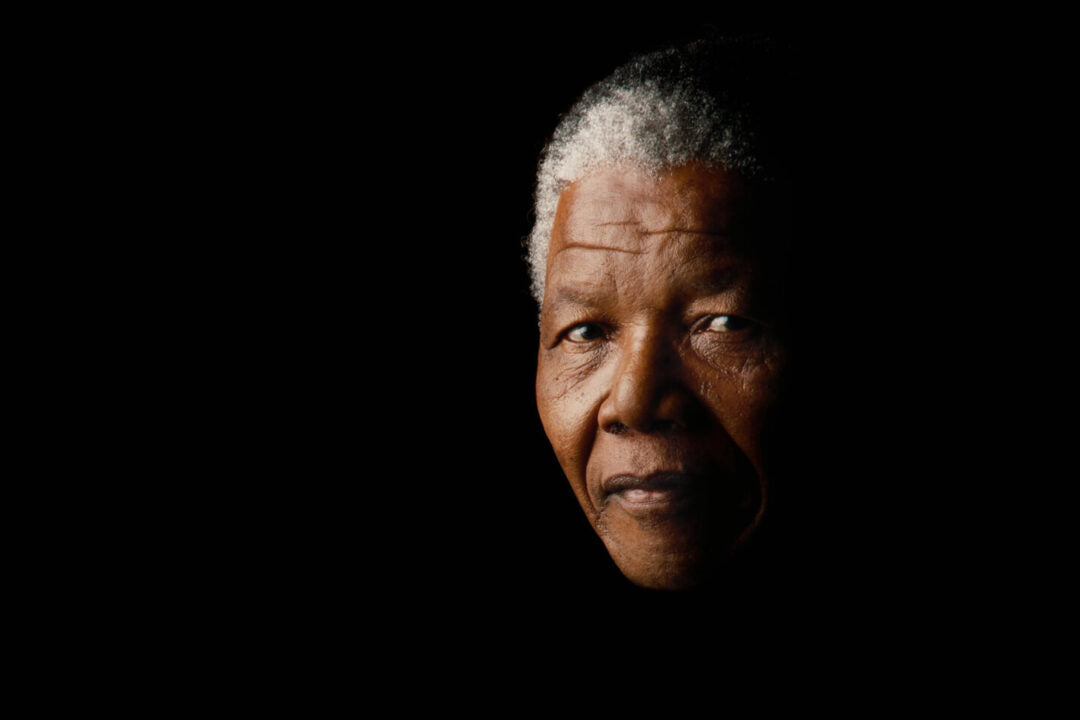
Nelson Mandela: The Coolest African Legend
Nelson Mandela: The Coolest African Legend
Introduction
Nelson Mandela, often referred to as Madiba, was a truly remarkable and iconic figure in history. He is celebrated as the father of the South African nation and is remembered for his significant contributions to the fight against apartheid, a system of institutionalized racial segregation and discrimination. His unwavering commitment to justice, equality, and reconciliation made him a beacon of hope for millions, not only in Africa but also around the world. This article delves into the life and legacy of the coolest African legend, Nelson Mandela.
Early Life and Background
Nelson Rolihlahla Mandela was born on July 18, 1918, in Mvezo, a small village in the Eastern Cape province of South Africa. He belonged to the Thembu royal family, and his father served as a local chief. From an early age, Mandela was exposed to the injustices of apartheid, which sparked his passion for activism and advocacy against racial oppression.
Fighting Against Apartheid
Joining the ANC
In 1943, Mandela joined the African National Congress (ANC), a political organization dedicated to ending apartheid and promoting the rights of black South Africans. Over the years, he played a crucial role in the ANC's struggle against racial discrimination and inequality.
The Rivonia Trial
In 1964, Mandela and other ANC leaders were arrested and charged with sabotage and conspiracy to overthrow the apartheid government. The infamous Rivonia Trial resulted in Mandela being sentenced to life imprisonment on Robben Island.
Imprisonment and Resilience
27 Years on Robben Island
During his 27 years of imprisonment, Mandela became a symbol of resistance against apartheid. His resolve and determination in the face of adversity inspired countless people both in South Africa and globally.
International Pressure and Free Mandela Campaign
The international community rallied behind Mandela, calling for his release through the Free Mandela campaign. Pressure from various nations, along with growing domestic unrest, eventually led to his freedom in 1990.
Becoming President
Mandela's Release and Negotiations
After his release from prison, Mandela continued his efforts for reconciliation and negotiation with the apartheid regime. These talks culminated in South Africa's first multi-racial elections in 1994.
The First Black President of South Africa
In a historic moment, Nelson Mandela was elected as the first black president of South Africa. His presidency marked a new era of hope, unity, and the dismantling of apartheid policies.
Mandela's Legacy and Impact
Reconciliation and Truth and Reconciliation Commission (TRC)
Mandela believed in the power of forgiveness and healing. He established the Truth and Reconciliation Commission, which aimed to address the atrocities of apartheid and promote national healing.
Global Humanitarian and Advocate for Peace
Beyond South Africa, Mandela was a global humanitarian, advocating for peace, human rights, and social justice. He used his influence to address issues such as HIV/AIDS, poverty, and education.
Conclusion
Nelson Mandela's life and legacy have left an indelible mark on the world. His commitment to justice, reconciliation, and the fight against apartheid serves as an inspiration to all. Mandela's dream of a united, inclusive, and equal society continues to resonate, urging us to carry forward his vision of a better world.
FAQs
-
What was Nelson Mandela's full name?
- Nelson Mandela's full name was Nelson Rolihlahla Mandela.
-
What did Nelson Mandela fight against?
- Mandela fought against apartheid, a system of racial segregation and discrimination in South Africa.
-
How long was Nelson Mandela imprisoned?
- Nelson Mandela was imprisoned for 27 years.
-
When was Nelson Mandela elected as President?
- Nelson Mandela was elected as President of South Africa in 1994.
-
What is the Truth and Reconciliation Commission (TRC)?
- The Truth and Reconciliation Commission was established by Mandela to address past human rights abuses and promote healing and reconciliation in South Africa.
